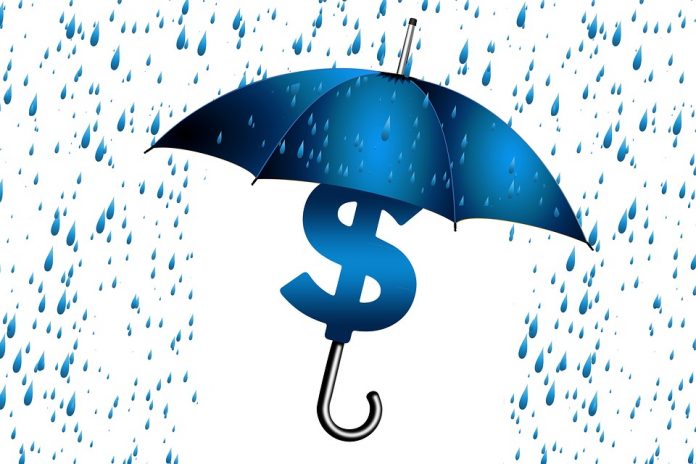Running a small business will bring about a wealth of exciting opportunities, but sadly it is never going to be entirely risk-free. Whatever your industry or level of expertise, accidents and mistakes can and will happen, so it is vital to ensure you have business insurance in place. Even if you are confident that no mistakes have been made, there is nothing to stop a disgruntled client from attempting to make a claim against you. Business insurance will help to cover costs and protect your business in these circumstances.
But with so many different types of business insurance to choose from, how do you know which is most suited to you and your business?
General Liability Insurance
Any business that comes into contact with clients or provides products or services to a third party at their property needs general liability insurance. This type of policy protects you and your employees in case you are sued because of accidents resulting in bodily or personal injuries, or claims of damage to property in all types of situations. If someone does decide to file a lawsuit against you, whether you have done anything wrong or not, this type of coverage is there to cover the related costs.
Slips, trips and falls make up 10% of all small business claims. The average payout for a slip or fall claim is $20,000, and defending this can cost around $50,000. Ask yourself; could your business afford to take the financial hit if it didn’t have general liability insurance in place?
General liability insurance is also essential if you are a home-based freelancer because a third party could still claim for damages that occurred while they were visiting you at your property. For example, if a client tripped on some uneven flooring in your home office and injured themselves.
Errors and Omissions Insurance
Errors and omissions insurance, also known as professional liability insurance will cover your small business against negligence claims that occur as a result of mistakes. This type of insurance policy provides defense and damages cover so you will also be protected if a client decides to claim against you and your services, even if you’ve done nothing wrong.
There are many situations when errors and omissions insurance can protect your business, whether you are actually at fault for what has happened or not.
Director’s and Officer’s Insurance
There are two types of director’s and officer’s insurance depending on whether the business is for profit or not.
Both types ensure the business owners and decision makers of an organization are protected against any actions relating to its day to day operations management, as well as ensuring the organization itself is run fairly and morally. Director’s and Officer’s insurance can cover costs or damages that are lost as a result of a lawsuit.
Umbrella Insurance
Umbrella insurance is an additional layer of liability protection which protects you if a claim is made that exceeds the limits on your primary insurance. Without it, you would need to fund the pay out from your own pockets. You cannot purchase umbrella insurance as a standalone policy but it is well worth taking out in addition to the other types to ensure you are protecting yourself from all angles.
The Cost of Not Insuring a Small Business
Research has shown that 40% of small businesses will incur a property or liability loss within the next decade. Clearly, some types of claims will occur more frequently than others, and yet, claim frequency is only one aspect of claims that insurers will consider. They are also concerned about claim severity (the size of claims).
The top costliest small business claims that could be saved by a general liability insurance policy include: reputational harm, ($50,000); customer injury or damage ($30,000); customer slips and falls ($20,000); struck by object ($10,000).
Cover Your Business’ Own Back
Small businesses and non-profit organizations will likely struggle to cover legal costs if things go wrong. Due to the fact risk levels vary massively between different types of businesses, there is definitely no one-size-fits-all policy when it comes to business insurance and it is extremely important for businesses to seek expert advice and choose coverage that is tailored to their service offering.
Find a Home-Based Business to Start-Up >>> Hundreds of Business Listings.

















































